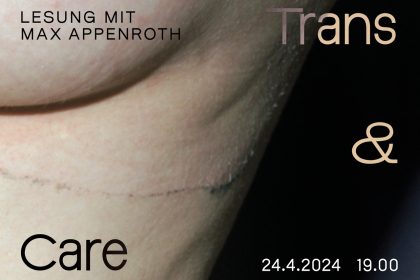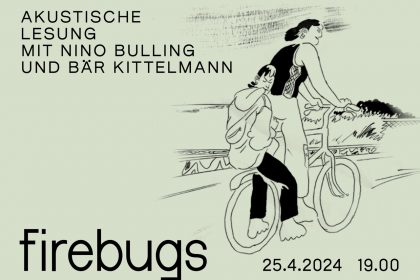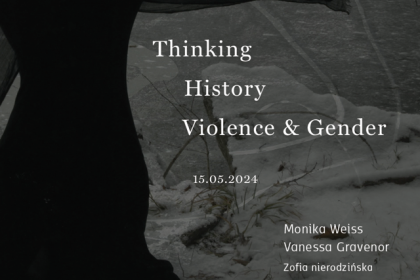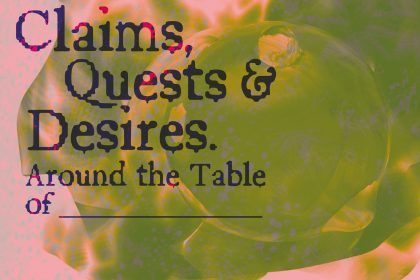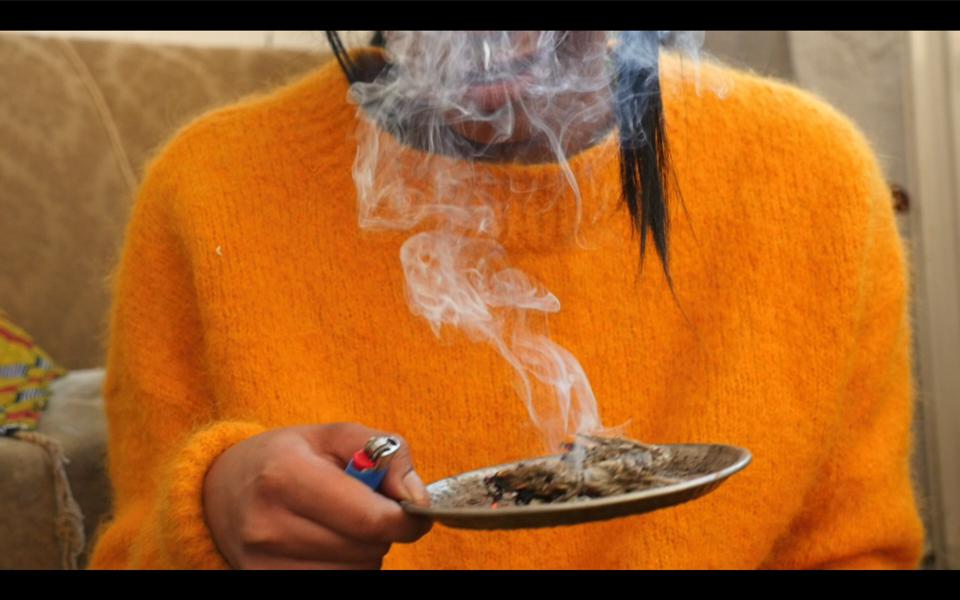
Photo/Film Still, Rituals (2020), Nnenna Onuoha
Link to film
Directed by Edna Bonhomme and Nnenna Onuoha
Image by Nnenna Onuoha
Sound by Edna Bonhomme and Nnenna Onuoha
Editing by Nnenna Onuoha
3 questions to Edna Bonhomme and Nnenna Onuoha
The film was made before the pandemic: What would it look like from today’s perspective? What special meaning does radical (self)care take on, especially in relation to Black bodies in times of COVID-19, and in what specific ways do care, gender and race intertwine during the pandemic?
Nnenna Onuoha: In making this a year ago, I was struck by and wanted to highlight how rooted in community and holding space for each other the rituals of the Black Berliners we spoke with were. Each of our participants facilitated care not only for themselves but also for others: Lee taught yoga classes, Caritia led shibari workshops, and Goitsy practiced light-bringing. Given the disproportionate toll the pandemic is having on Black people and People of Colour, as well as the horrific police violence that has prompted us to gather anyway through protests like BLM and #ENDSARS, such spaces of healing are as needed as ever. At the same time, the need for social distance has deeply altered how we can come together. Over the past year, some of us have found and founded blossoming online spaces, but others of us have also experienced a deep loneliness and isolation.
Edna Bonhomme: Last year, everyone regained an interest in biology. Suddenly, mRNA, genomes, and viruses were part of everyday vocabulary. For the curious, understanding how diseases spread and the conditions that made certain people susceptible weighed heavy on so many people’s minds. All of this happened in the wake of a global pandemic and the presence of the novel coronavirus. the death of Black, indigenous, and other people of colour were hastened and intensified by the Covid-19 pandemic, mirroring the hierarchies that pre-existed. But these events are not unique to the United States. Racial discrimination is global and the spectre of pain has left so many people exhausted. Nevertheless, care is found through community, through self-preservation and joy even when one community might be subjected to the horrors of structural violence. Black feminist theories independently published book their works to highlight the necessity of challenging capitalism. In the collection of essays, Lessons from the Damned (1973) in one essay, “The Revolt of Poor Black Women,” the authors insisted that a genuine revolution requires the overthrow of capitalism, the elimination of male supremacy, and the transformation of self. Revolution, they argued, is supposed to usher in a brand new beginning; it is driven by the power of freed imagination, not the dead weight of the past.
What does radical (self)care mean in this context?
Edna Bonhomme: There is radical resistance, people are responding to the mutations in society through a collective fight on the streets, through creative expression, and most importantly, through care. And, for a rare moment, that collective act of resistance was present on stage. One of the ways that my practice has changed is that I am trying to find a roadmap to healing, an insistence on disobedience, and a desire to change.
How has Corona changed your practices, but also your thematic focus?
Edna Bonhomme: In the film “A Place of Rage”, the African-American poet June Jordan states that “the sanctity of an individual’s right to love who I want” is necessarily “the same issue” as that championed by the anti-racist activists. She reminds us that racist violence and homophobia exist on the same oppressive continuum in light of the various forms of disenfranchisement that occur in the world. Versions of Jordan’s meditation is what I try to incorporate into my practice, one grounded on curiosity, experimentation, and healing. Creative production and curation look different today than they did in 2019 – before the novel coronavirus pandemic. In the age of Covid-19, interdisciplinary artists have come up against some health, political, and social challenges that have raised questions about how society is organized, who has access to spaces, and what stories get told.
Nnenna Onuoha is a Ghanaian-Nigerian filmmaker, digital historian and visual anthropologist based in Berlin, Germany. Her current research and audiovisual works center Afrodiasporic perspectives and focus on how colonial pasts are renegotiated in the present-day. Nnenna is currently a PhD researcher in Anthropology with Media at Harvard University. www.carmah.berlin/people/nnenna_onuoha
Edna Bonhomme is a historian of science, writer, and interdisciplinary artist. Working with sound, text, and archives, Edna explores contagion, epidemics, and toxicity through decolonial practices and African diaspora worldmaking. Edna earned a biology degree from Reed College (BA), a master’s of public health from Columbia University (MPH), and her PhD in History from Princeton University. Edna primarily uses textual archives and oral histories to unpack the variant notions of sickness and health. Her artistic language combines science studies with traditional healing elements. A central question of her work asks: what makes people sick? As a researcher, she answers this question by exploring spaces of toxicity while also considering how oppressed people find modalities of care that shape the possibility for repair. Some of her critical multimedia projects have been featured at Haus Kulturen der Welt (Berlin), alpha nova galerie futura (Berlin), and the Austrian Academy of Women Artists (Austria). She is currently Postdoctoral Fellow at the Max Planck Institute for the History of Science. She has written for Aljazeera, The Baffler, The Nation, Africa is a Country, Jacobin Magazine, and other publications. www.ednabonhomme.com


